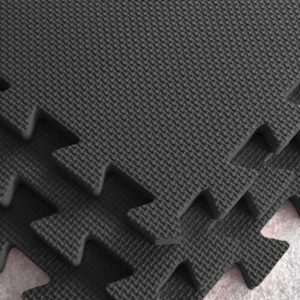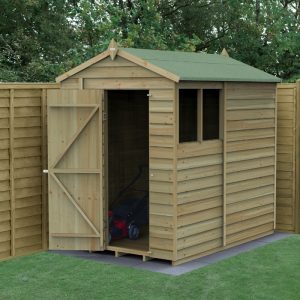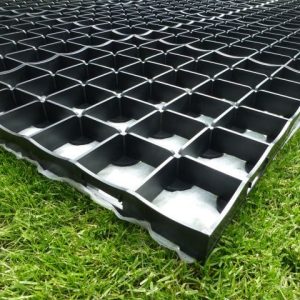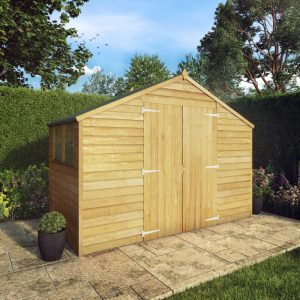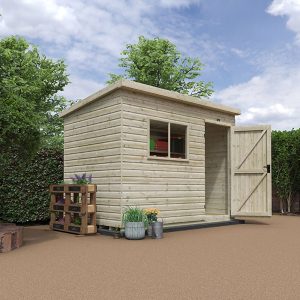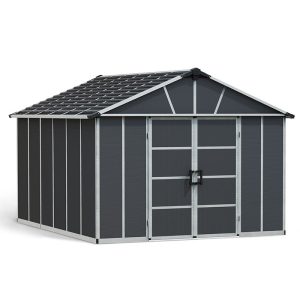The Holt 20′ x 7′ Treated Shiplap Modular Pent Cottage is crafted to endure the harsher elements of British climate. This modular dwelling offers various window positioning alternatives, allowing you to optimize natural illumination. Constructed from pressure-treated tongue and groove panels, employing sturdier materials for enhanced durability. Along with its robust base, you can confidently store bulkier items without worry. Tailored cottage choices encompass a version without windows. Explore the ‘customize & purchase’ section for additional information. Kindly Note: This product is dispatched using a pallet courier service that delivers solely curbside. All necessary fixtures and guidelines are provided.








